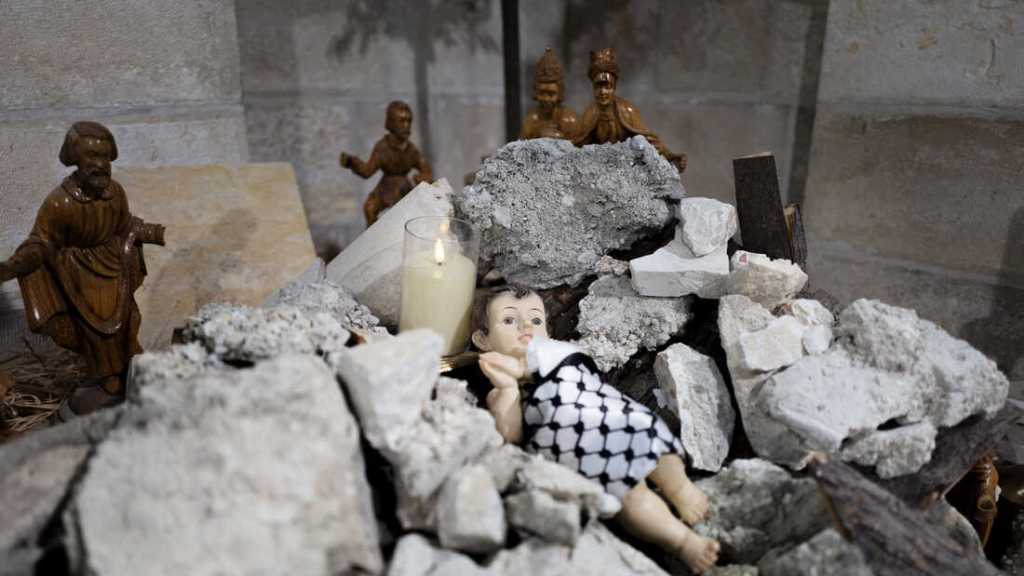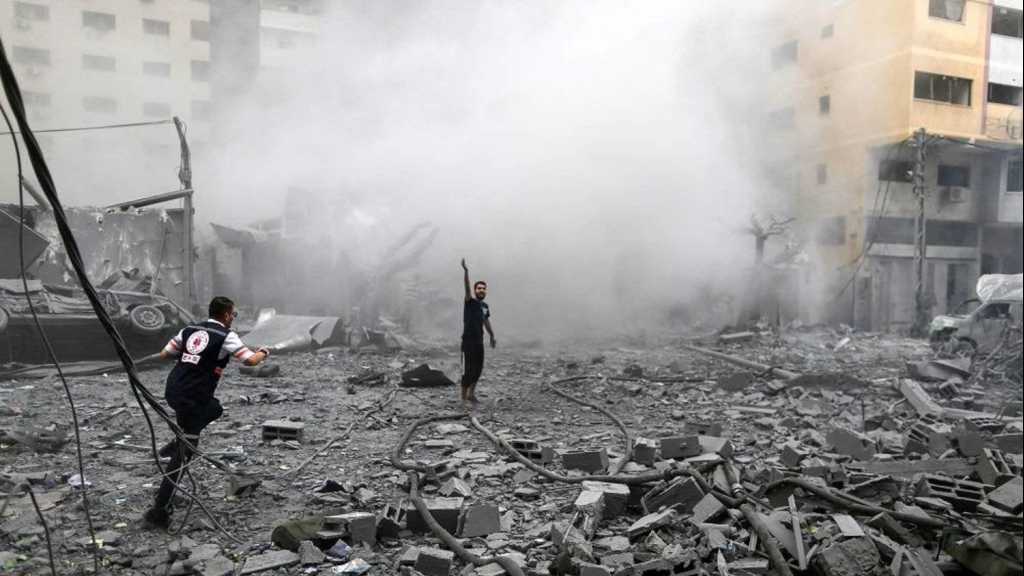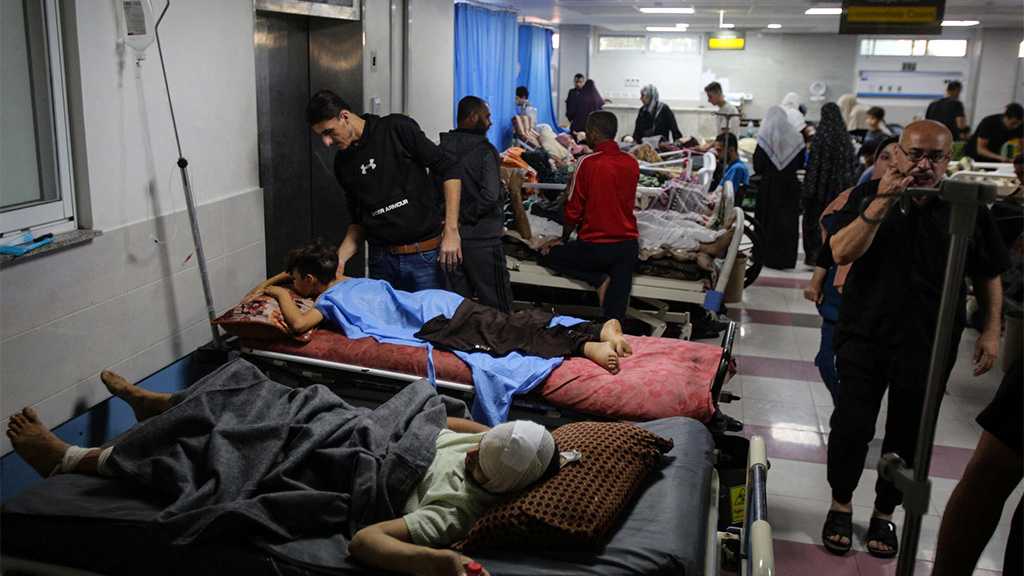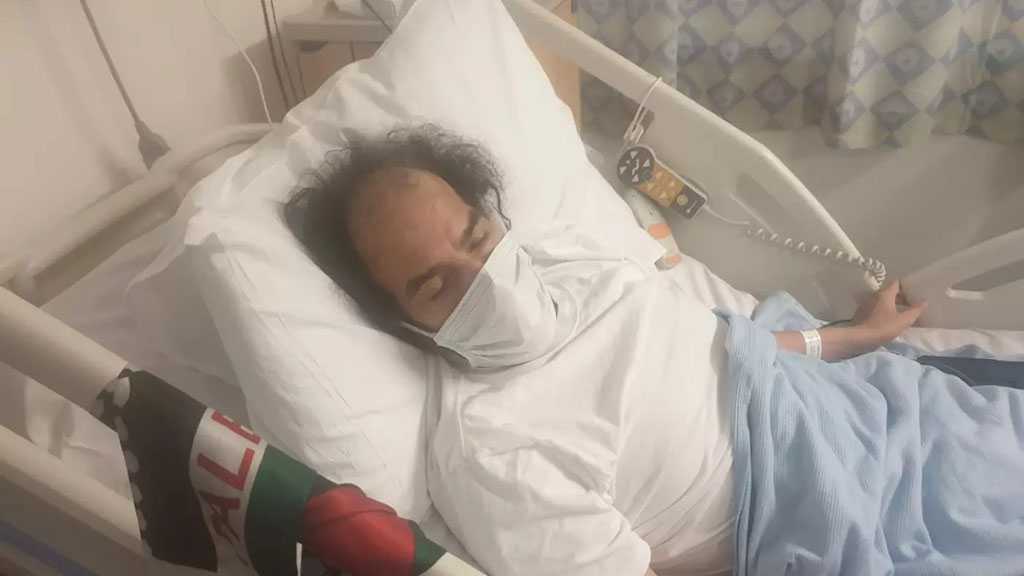
Vaccine Telethon Raises Billions as Europe Eases Virus Lockdown
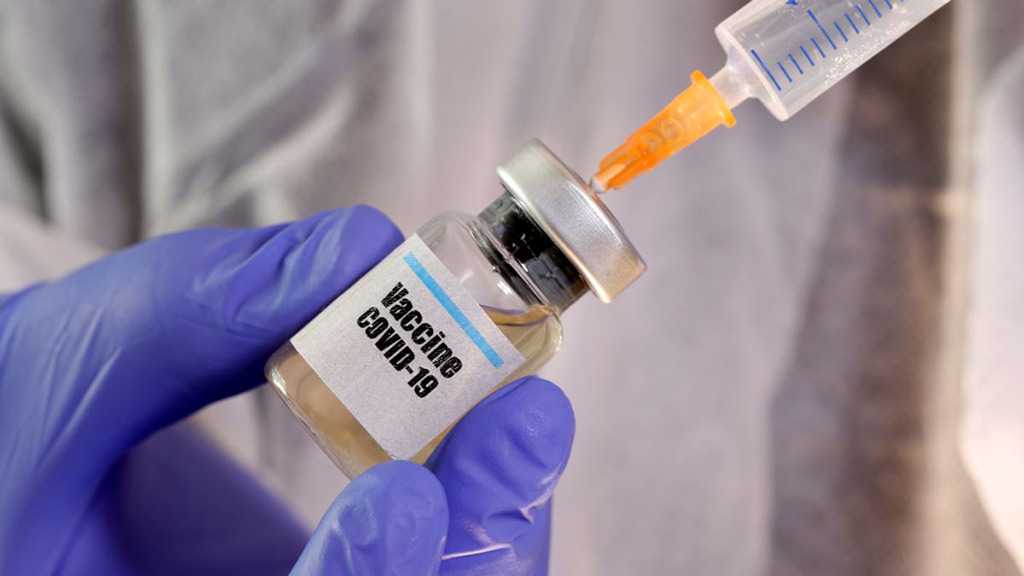
By Staff, Agencies
Hopes rose in the fight against the coronavirus on Monday as world leaders pledged billions of euros for a vaccine in a special telethon and European countries edged out of lockdown.
Despite US President Donald Trump snubbing the fundraising effort, the World Health Organization hailed the 7.4 billion euro [$8.1 billion] haul as a "powerful" show of global solidarity.
The world is desperately hunting a vaccine for the disease that has killed nearly 250,000 people across the planet and infected 3.5 million since it emerged in China late last year.
Countries are keen to lift lockdowns imposed on half the planet that have sent the world economy into a tailspin, but there are fears doing so too early could cause a second wave of the pandemic.
Italy, the world's longest locked down country and the worst hit after the United States, led the way with easing restrictions on Monday, with more than a dozen other European nations taking similar steps.
Governments believe they have passed the peak of the disease with death tolls in Europe's worst affected countries having dropped as a result of nearly two months of confinement.
Leaders of major European powers along with Japan and Canada made the biggest pledges, along with philanthropists including Bill and Melinda Gates, at the videoconference hosted by European Commission chief Ursula von der Leyen.
They called for cooperation and not competition in the search for a cure that could not only be potentially lucrative but also spark fights over who gets access to a vaccine first.
"This was a powerful and inspiring demonstration of global solidarity," WHO chief Tedros Adhanom Ghebreyesus said of the donations.
But the shine was taken off the pledges by the absence of the United States, with Trump in open warfare with the WHO over its handling of the pandemic and its relationship with China.
Trump – fighting for reelection in November – said Sunday that the United States will have a coronavirus vaccine ready by the end of the year.
His prediction was met with skepticism in some quarters, with Germany's Health Minister Jens Spahn warning it could take years for anyone to develop a vaccine.
With 30 million Americans out of work and his poll numbers sagging, Trump has increasingly taken to blaming China for the coronavirus outbreak.
China's state broadcaster on Monday attacked US Secretary of State Mike Pompeo for "insane" remarks in which he said the virus originated in a laboratory in Wuhan, the city where the pandemic first emerged.
The WHO also risked a fresh clash with Trump, saying it had received no evidence on the "speculative" Wuhan lab claims
The renewed tensions between the U.S. and China -- the world's two biggest economies -- set financial markets on edge on Monday from Asia to New York.
The United States has the most coronavirus deaths in the world at more than 67,600.
Trump had initially played down the virus, before later warning that it could cost 60,000 lives, but on Sunday he acknowledged a higher eventual death toll of between 75,000 and 100,000.
"That's a horrible thing," he said.
Many parts of Asia have, however, begun to inch towards a post-pandemic life, with schools in the Vietnamese capital Hanoi reopening on Monday after two weeks without new infections anywhere in the country.
Malaysians headed back to work, while Australia and New Zealand discussed creating a "trans-Tasman bubble" that would allow travel between the two countries.
But regional heavyweight Japan extended its state of emergency to the end of the month, despite a comparatively small-scale outbreak.
The disease continued its march in some places.
Russia is rapidly becoming Europe's black spot, with officials in Moscow urging residents to stay home in an effort to tamp down the growing daily tally of new cases.
"The threat is apparently on the rise," Moscow mayor Sergei Sobyanin told citizens.
